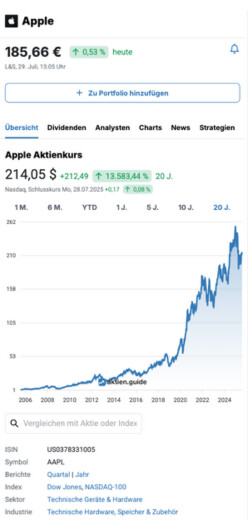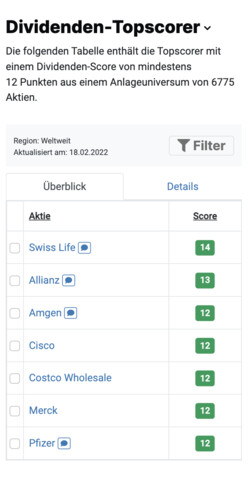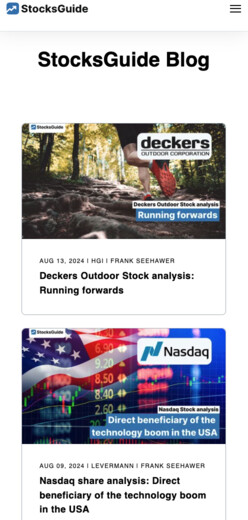 Walmart Stock News
Walmart Stock News

$114.59
1.67%
today
NYSE,
Jan 06, 09:44 pm CET
Index
Walmart Stock News
Positive
Invezz
●
28 minutes ago
The Elliott Wave roadmap shows Walmart stock (NASDAQ: WMT) will achieve new heights through one more bullish phase before it enters an extended period of market stability. The market dip in April 2025 started the advance, which now positions the stock to reach its $111–$120 target zone according to an analysis from January 6, 2026.
Positive
The Motley Fool
●
about one hour ago
Walmart's consistent growth may continue to win over investors this year. The stock only needs to rise by another 11% to get to $1 billion in market cap.
Positive
MarketBeat
●
about 5 hours ago
But while high-flying stocks like Palantir NASDAQ: PLTR generated earnings per share (EPS) growth of approximately 129% over the past year, tech's volatility makes forward-looking growth less predictable.
Neutral
The Motley Fool
●
about 5 hours ago
Wendy's stock lost almost half of its value in 2025 as revenue and net income dipped. High fast food restaurant prices have turned off consumers, making grocery shopping more attractive.
Positive
The Motley Fool
●
about 21 hours ago
These companies lead their respective industries and have proven competitive advantages. Sustained success allows them to pay and increase their dividends.
Positive
The Motley Fool
●
about 21 hours ago
There are nine current $1 trillion club members and three companies that are within $120 billion of the milestone. Visa, Oracle, ExxonMobil, and Netflix could produce big gains over the next five years.
Neutral
Market Watch
●
4 days ago
Beyond the biggest chains, the past few years have largely been ones to forget for retailers, as shoppers have remained wary about spending amid a battle with higher living costs. Yet some analysts see a path toward a slightly better 2026.
Positive
The Motley Fool
●
5 days ago
Walmart's grocery business accounts for more than 50% of its revenue. The retail giant is experiencing double-digit e-commerce growth.
Register for Free
StocksGuide is the ultimate tool for easily finding, analyzing and tracking stocks. Learn from successful investors and make informed investment decisions. We empower you to become a confident, independent investor.


